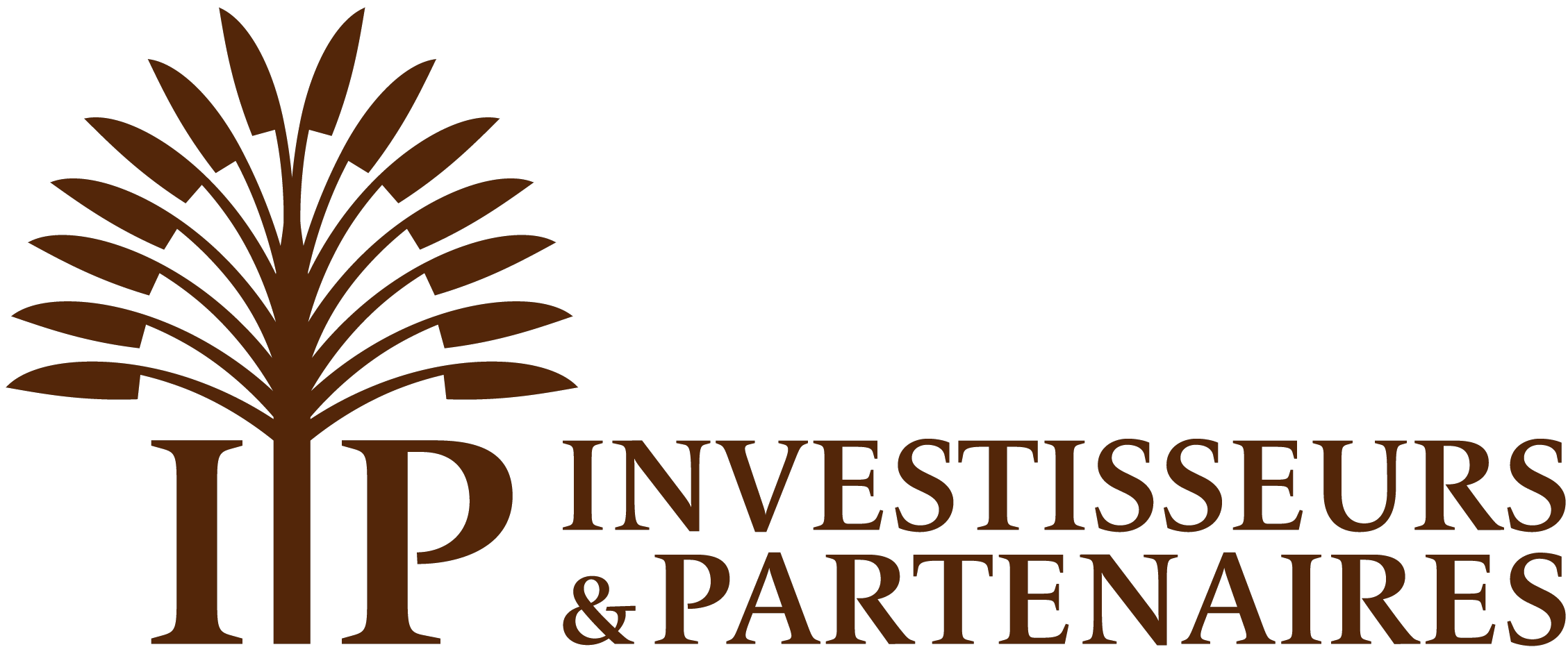Interview with Rebecca Harrison, Director of the African Management Institute
Submitted by admin on Thu, 10/15/2020 - 12:01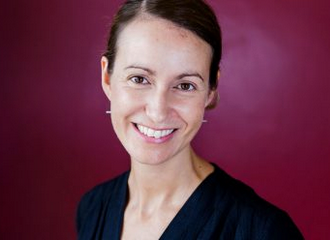
Launched in 2014, The African Management Institute (AMI) was one of the first investments made by our fund I&P Afrique Entrepreneurs 2. The company enables ambitious entrepreneurs and managers across Africa to thrive through practical tools and training.
I&P met with AMI’s co-founder and CEO, Rebecca Harrison, to know more about the company’s story and most recent developments.
Can you tell us more about AMI’s mission and story?
AMI has been around for six years now, working on our mission: enabling African managers and entrepreneurs to build thriving businesses, create jobs and get the continent moving.
Launching AMI was a major professional shift. I was working as a journalist in South Africa, covering several countries of the continent. Through this experience, I witnessed firsthand the transformative power of a strong private sector, and realized that thriving businesses create quality jobs, and quality jobs drive prosperity and dignity. I left my job and completed an MBA in Entrepreneurship from South Africa’s Gordon Institute of Business Science, where I met Jonathan Cook, Director of the school.
Jonathan Cook and I co-founded AMI a few years later, driven by the same motive: How can we reinvent business education to empower African entrepreneurs and managers at scale? No one was bringing business and management skills in a way that was really practical and locally relevant to African markets.
How is AMI operating today?
AMI’s model is built on a blending learning approach that combines online tools and courses with interactive in-person workshops and structured opportunities to implement practical tools on-the-job and in-the-business. These workshops are now held online due to the Covid-19 crisis, but we still believe human interaction and peer learning is key to our programs!
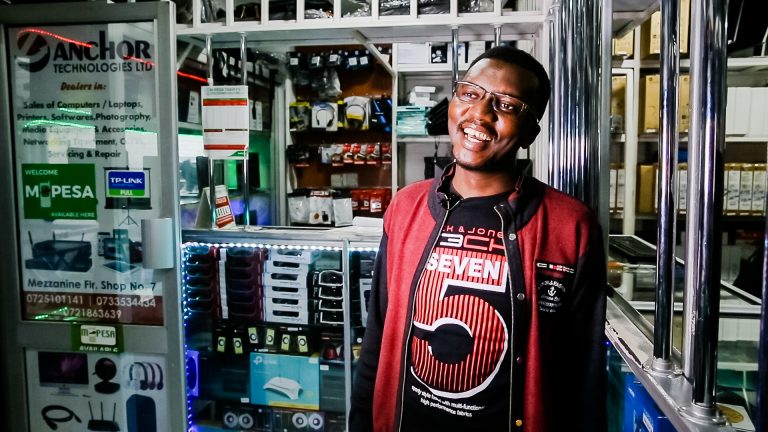 As of today, AMI has reached over 30,000 people. We run our programs with participants from all over the African continent, in different languages (English, French, Swahili, Arabic). We are progressively expanding our reach in Francophone Africa and we run more and more programs in French. One of them is the Social and Inclusive Business Camp, conducted in partnership with I&P.
As of today, AMI has reached over 30,000 people. We run our programs with participants from all over the African continent, in different languages (English, French, Swahili, Arabic). We are progressively expanding our reach in Francophone Africa and we run more and more programs in French. One of them is the Social and Inclusive Business Camp, conducted in partnership with I&P.
We are currently hiring country representatives in West Africa (Francophone and Nigeria) and Uganda, while expanding our current teams in Kenya, South Africa and Rwanda. (click here to AMI’s job offers)
As of today, AMI has reached over 30,000 people. We run our programs with participants from all over the African continent, in different languages (English, French, Swahili, Arabic).
How did you meet Investisseurs & Partenaires?
I first met I&P through an event organized by ANDE, the Aspen Network of Development Entrepreneurs. I remember being very impressed and excited by what I&P has been doing since 2002, supporting local entrepreneurs, investing in the hardest markets, completing exits…
I&P invested in AMI in 2018, back when the company was in that difficult phase between seed and Series A funding, where you are still working to prove our business model and become cash-flow positive. Thanks to this financing, AMI was able to strengthen its technology platform, reach new markets, and expand its team. We’ve increased our revenue almost four-fold since I&P invested and more than doubled the size of the team. We also invested in the brand to better reflect our vision and reach more entrepreneurs.
AMI quickly reacted to the covid-19 crisis, which started to impact the African continent in March. What was your immediate response?
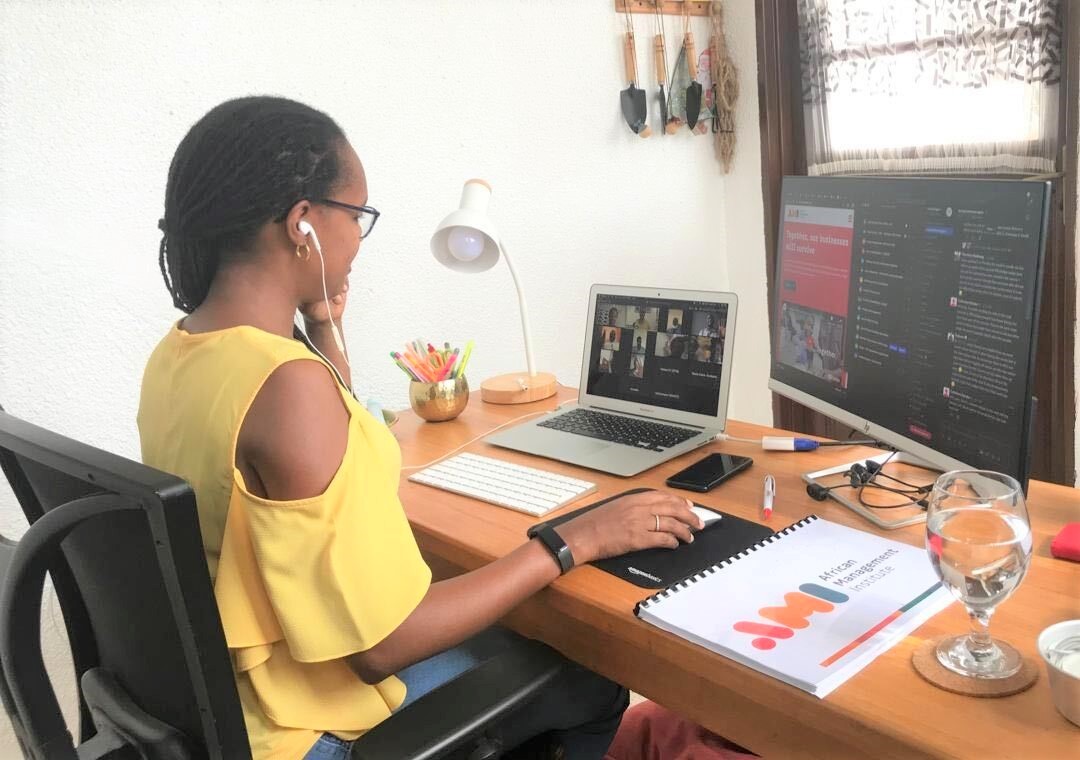 When the crisis started to hit Kenya, we realized instantly that it would be a nightmare for the SMEs we support. We put our activities on hold and started thinking: what do SMEs need, what are their most pressing issues? They were different challenges from sector to sector, but one common thread was Africa’s small businesses urgently needed to think about liquidity.
When the crisis started to hit Kenya, we realized instantly that it would be a nightmare for the SMEs we support. We put our activities on hold and started thinking: what do SMEs need, what are their most pressing issues? They were different challenges from sector to sector, but one common thread was Africa’s small businesses urgently needed to think about liquidity.
The situation was new to everyone, there was no textbook for entrepreneurs to refer to on how to survive a global pandemic! We quickly set up our “Business survival bootcamp”, that we ran for free for a few months, reaching over 1300 small businesses in virtually every country in Africa, in French, English and Kinyarwanda. The objective was to equip small businesses with practical tools to face this crisis: how to run a risk assessment? How to forecast cash flow, how to cut costs to ensure survival, and how to identify and pivot to new opportunities?
In time of crisis, it’s equally important to bring emotional and psychological support. To that end, we launched a daily 15-minute meditation program, specifically designed for entrepreneurs. Over 200 entrepreneurs accessed this session, which still runs on a weekly basis.
When the crisis started to hit Kenya, we realized instantly that it would be a nightmare for the SMEs we support. We put our activities on hold and started thinking: what do SMEs need, what are their most pressing issues? The situation was new to everyone, there was no textbook for entrepreneurs to refer to on how to survive a global pandemic!
How do you deal with the on-going crisis today? In your opinion, what will be its long-term impacts?
The “Business survival bootcamp” was an immediate response to the crisis, but we are now adapting our programs to the “new normal”. We notably launched the program “Survive to thrive”, a 6-month virtual program that provide leaders of SMEs with the skills, tools and strategies to navigate the challenges and opportunities presented by the Covid-19 crisis. The program is actually still open for full scholarship applications for African business owners, with female entrepreneurs highly encouraged to apply!
We started a couple of initiatives to support business leaders through this challenging time. We launched “Thrive” a weekly newsletter that bring relevant resources to the entrepreneurs. We also organize monthly interviews on Facebook, allowing us to have deeper conversations with entrepreneurs, as well as monthly virtual networking events to help entrepreneurs connect with others across the continent. Find out more and access these free tools and events on our website.
The Covid-19 crisis has opened a window of opportunity as it has considerably accelerated the digitalization process. We thought for a while it would be temporary, but online sessions can be actually much more convenient for the participants. Besides, we notice that participants love to connect with entrepreneurs throughout the continent. This is one positive impact born from the crisis: the ability to connect entrepreneurs operating in the same business sector across the continent. They have a lot to share and these connections are so rich for them!
We’re excited to see how this pan-African digital network of entrepreneurs will evolve and grow, and look forward to welcoming SMEs in the I&P network!
The Covid-19 crisis has opened a window of opportunity as it has considerably accelerated the digitalization process. participants love to connect with entrepreneurs throughout the continent. They have a lot to share and these connections are so rich for them!
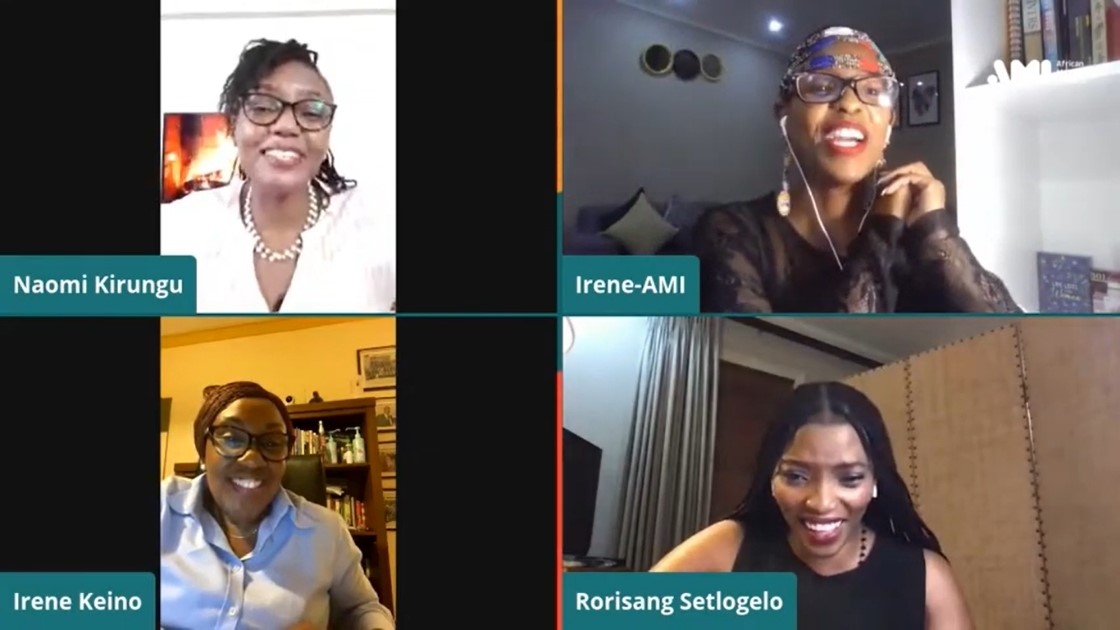
Going Deeper
• AMI's factsheet on I&P's website
• Useful resources mentioned in the article:
